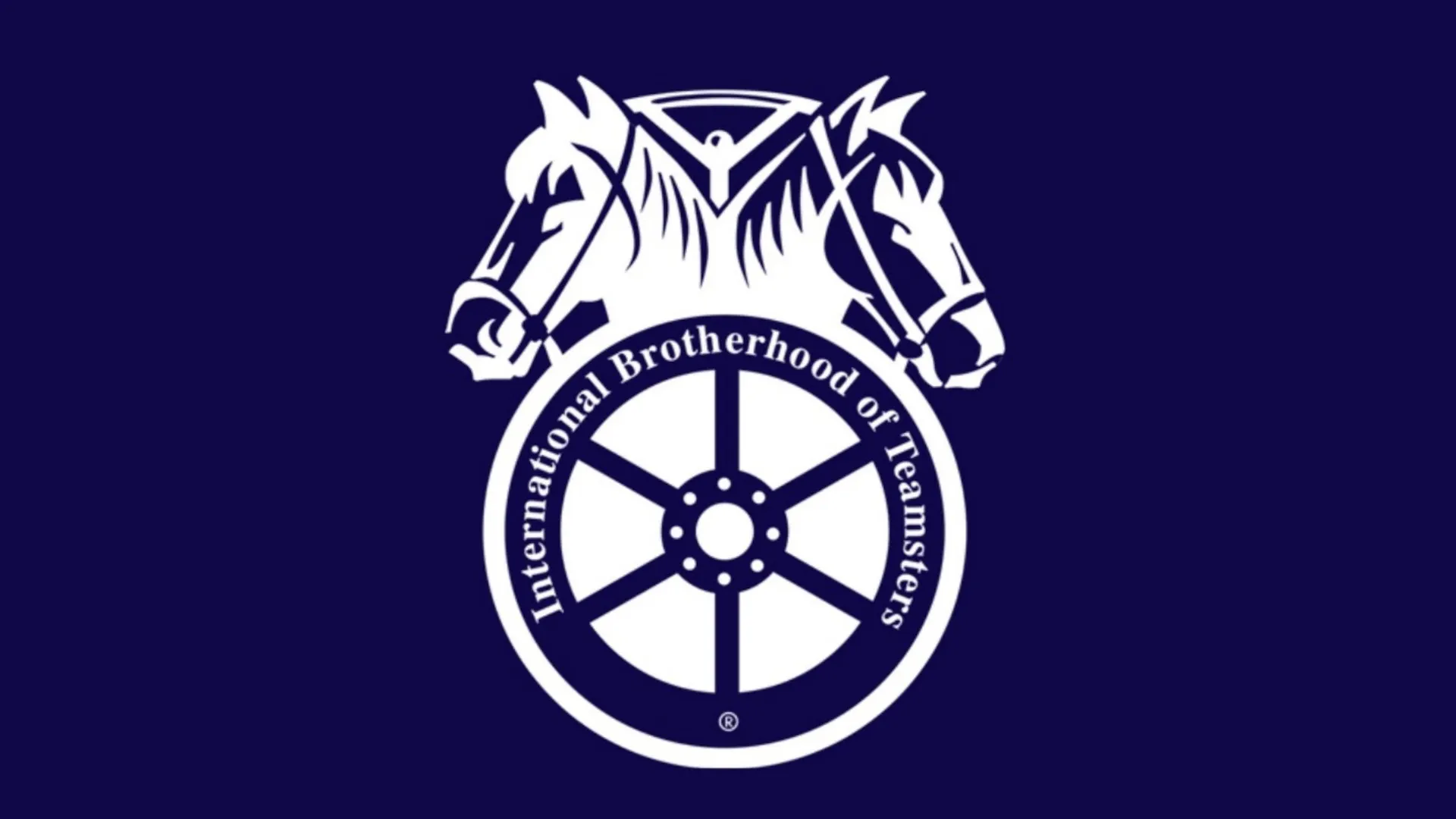Originally published in Labor Today
The railway labor stoppage ends as the Canada Industrial Relations Board (CIRB) was given the authority by the government to end the lockout and strikes, forcing 9,000 railroad workers back to work.
Teamster Canada has stated that it will lawfully comply with the CIRB decision, but it plans to appeal the ruling in federal court.
The main issues that were at the negotiation tables between the union and the two main Canadian railroad companies, Canadian National (CN) and Canadian Pacific Kansas City (CPKC), have to do with fatigue, rest, scheduling, and forced relocation. The railroad workers commonly work 80+ hour workweeks for these billion-dollar companies. The Teamsters union disagreed with CN and CPKC over scheduling, shift duration, and availability. For example, in a proposal that is opposed by the union, CN wants to negotiate an increase in work hours from 10-hour shifts to 12-hour shifts.
“This decision by the CIRB sets a dangerous precedent. It signals to Corporate Canada that large companies need only stop their operations for a few hours, inflicting short-term economic pain, and the federal government will step in to break a union. The rights of Canadian workers have been significantly diminished today,” said Paul Boucher, President of the Teamsters Canada Rail Conference.
“The Trudeau Liberals have chosen to side against middle- and working-class Canadians, abandoning their supposed progressive values at the first sign of short-term supply chain disruptions. The Teamsters have fought to protect rail safety in Canada, improve working conditions, and prevent CN from forcing workers to relocate thousands of kilometers away from their families—and we will continue to do so,” added Boucher.
The unfortunate results delivered by the CIRB remind us that here in the United States a similar conflict occurred between our railroad unions and the corporations back in 2022, which led to Congress declaring any attempt at a railroad strike action to be illegal and forced American railroad workers back to work.
Like their counterparts in the U.S., the Canadian companies used the threat of economic turmoil to coerce the Canadian government into submitting to their demands. This comes as the railroad corporations make record profits and continue the practice of stock buybacks while they refuse to acknowledge the union’s demand for a fair work schedule.
LUEL supports the Teamster’s legal battle in Canada against the decision to prevent workers from striking. The attack on workers in Canada is an attack against workers here in the US.



